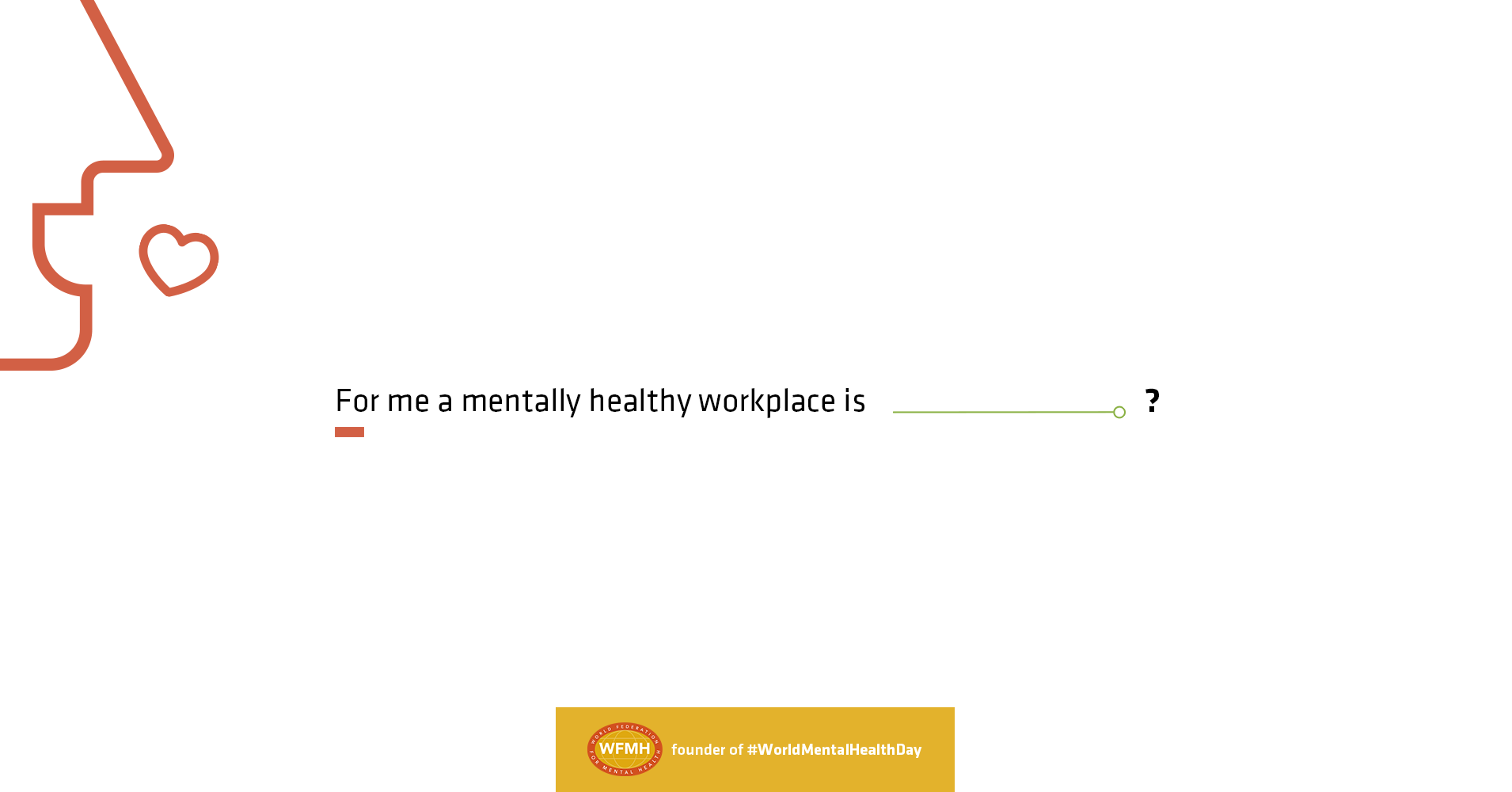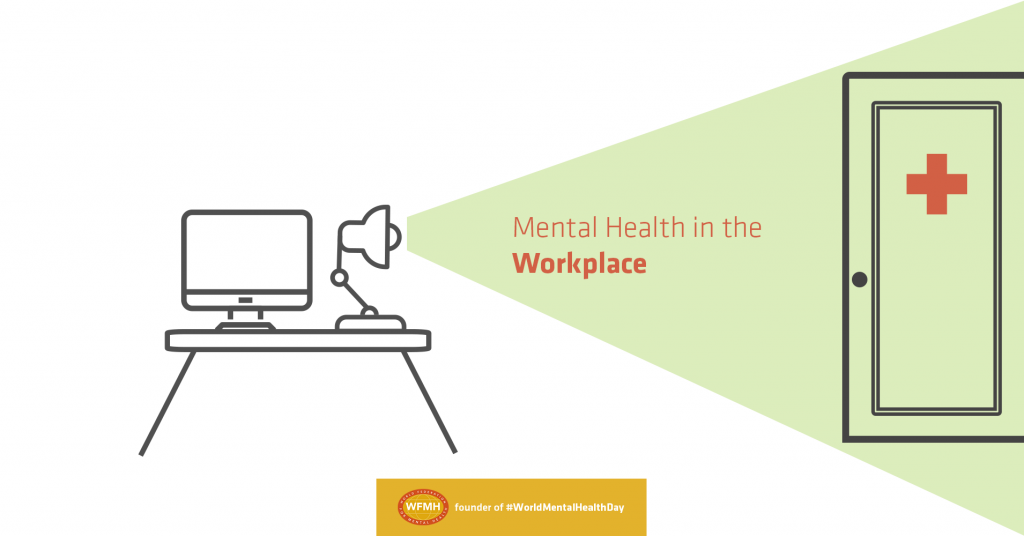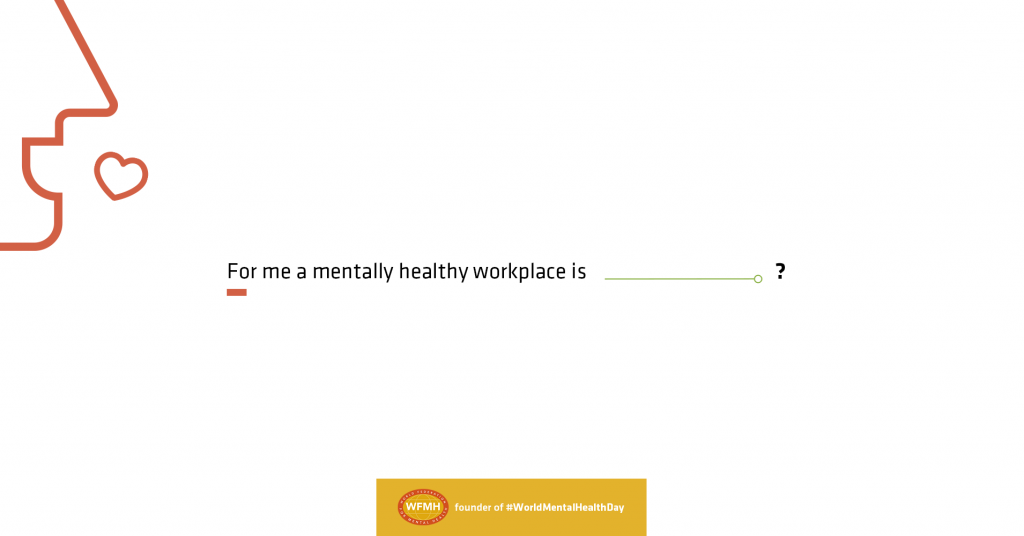
Are our pharmacists mentally and emotionally healthy?
What is on your mind right now? How is your day going as a practicing pharmacist?
In the first and only survey to research the stress and wellbeing of pharmacists in Australia, Emeritus Prof. Colin Chapman, with the help of Master Research Australasia and the Pharmacists’ Support Service (PSS) found that:
- Pharmacists have a higher level of stress compared to the general population
- The satisfaction rates from the survey reported 45%, 42% and 30% for professional role, workplace environment, and workload, respectively.
- The barriers to seeking help include: retribution from the company, criticism from colleagues, lack of time, cultural practices and job security issues.
- Effective coping strategies reported were reaching out to colleagues, family and friends; and meditation and exercise.
There were very few instances of maladaptive coping behaviour such as the abuse of substances like alcohol and the array of drugs pharmacists have access to.
The survey showed that pharmacists did not feel prepared to deal with the stressful situations that arise in their career. They found the following to be effective:
- having an individual mentor or a support group
- participating in personal development courses
- education about maintaining wellbeing;
- education in assertiveness skills, dealing with difficult customers and communication skills
The Pharmacists’ Support Service has suggested several ways to address workplace dissatisfaction and stress. Some immediate intervention strategies, based on the findings from this project, should be considered:
- There should be greater preparedness for the workplace, given that this is lacking at present at all stages of the pathway from pharmacy student to pharmacist, despite it being an expected entry-level competency.
- The best ways of coping in positive ways to stressful situations, and of avoiding maladaptive coping techniques, should be included in new and existing education and training programs.
- Emphasis should be placed on dealing with barriers to seeking help when stressful situations arise.
Longer term strategies to be considered could include:
- One or more longitudinal studies to better understand the influence of learning style and personalities on the perceptions and effects of stress, and to track the long-term trends in stress and burnout in the pharmacy workforce.
- Repeating the stress and wellbeing survey on a regular basis to monitor the ‘health’ of the pharmacy workplace.
The Pharmacists’ Support Service will continue to work with organisations such as the National Australian Pharmacy Students Association (NAPSA), Pharmaceutical Defence Ltd (PDL), Pharmacy Guild of Australia (PGA), Professional Pharmacists Australia (PPA), Pharmaceutical Society of Australia (PSA), and the Society of Hospital Pharmacists of Australia (SHPA) to address health and wellbeing issues for pharmacists, and effective delivery of pharmacy services in Australia.
 Images courtesy World Federation for Mental Health.
Images courtesy World Federation for Mental Health.
More articles on My Health Career:

